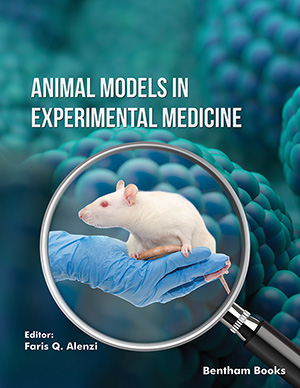Abstract
Prion diseases are a group of rare and uniformly fatal neurodegenerative disorders in humans and animals.These diseases are characterized by spongiform changes within the central nervous system. In recent years,much attention has been focused on prion diseases in animals, which include bovine spongiformencephalopathy, scrapie in sheep; transmissible encephalopathy in the mink and chronic wasting disease indeer, elk and mule. The human counterpart of prion diseases include classic Creutzfeldt-Jakob disease, (CJD)and varient CJD (vCJD), Gerstmann-Sträussler-Scheinker syndrome, fatal familial insomnia, kuru and Alperssyndrome.While the molecular mechanism(s) of prion diseases is actively investigated, it is currently believed thatinfectious prion proteins are misfolded in such a way that they can create a series of changes leading to thetransformation of normal prion proteins into abnormal ones in a self-propagating manner. The ultimate result ofaccumulation of abnormal prions result in neuronal death and degeneration.The recent discovery of BSE, or “mad cow” disease in England and in the US has raised many concernsrelated to the consumption of beef. Medical care givers are trying to determine how to educate their patientsso that they understand the legitimate health risks and differentiate them from the abundance of myths.Clearly, much research is needed before every aspect of these diseases will be sorted out.In this special issue of Current Molecular Medicine we have put together review articles from some of theacknowledged leaders in the field of prion research in addition to our regularly scheduled review articles. Wehope that our efforts serve the readers in gaining better understanding of the biology and molecularmechanisms and stimulate further research in this important area of investigation.

























